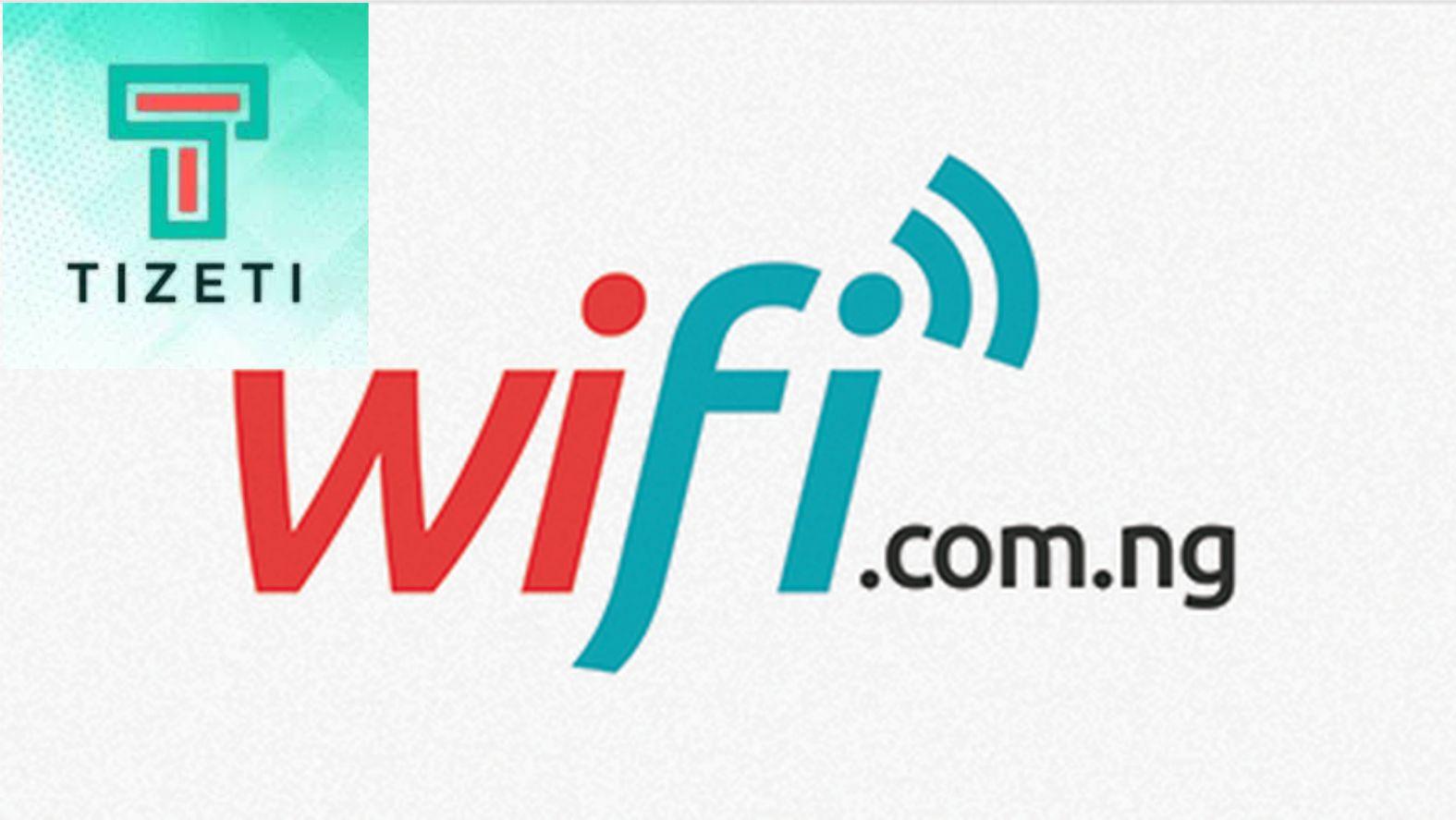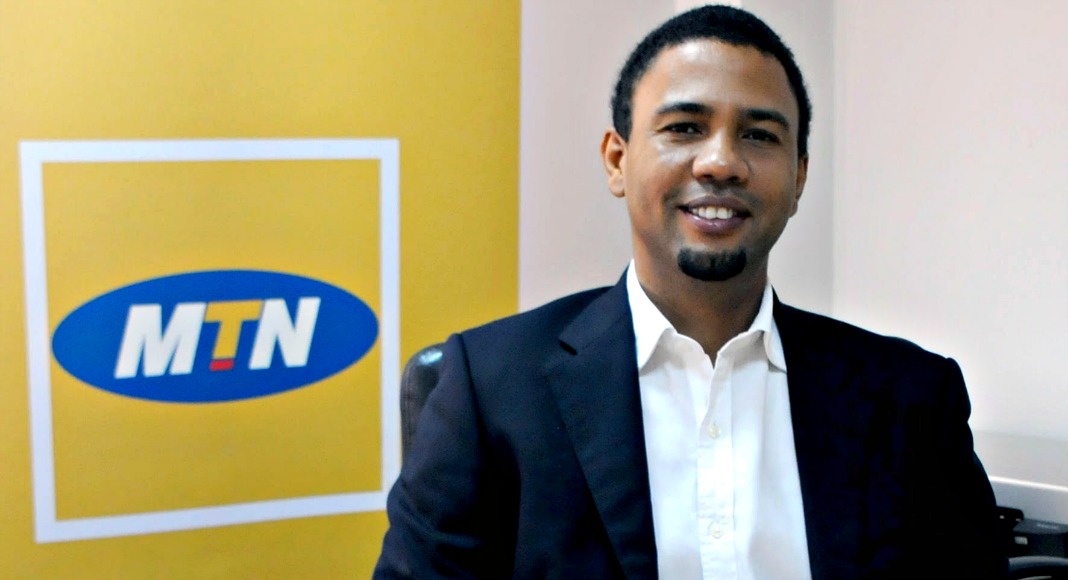To enable more Africans to take advantage of digital offerings in a new world defined by the Covid-19 pandemic, West Africa’s pioneer solar-based internet and voice service provider, Tizeti, has launched new connectivity offerings.
The new products encompass the company’s commitment to widening the broadband envelope in Nigeria with more robust internet plans, expanding coverage, especially in Nigeria, Africa’s most populous country, and a focus on accelerating internet availability across the continent with a new venture fund. The products also reiterate the company’s focus on delivering a simpler and more convenient technology offering with a smart customer care operation and integrated Customer Relationship Management systems.
Speaking at the company’s annual conference, Tizeti NeXTGEN, the company’s Chief Executive Officer, Kendall Ananyi said the company reflected on digital interaction and transformation more seamless and intuitive for its stakeholders, especially during the wake of the disrupting global pandemic.
“The global pandemic expedited the need for technology to be more agile, faster, more intuitive, and easier to understand, irrespective of the peculiarities of its users. Many people were unable to quickly adapt to the new normal of working, connecting to family and colleagues remotely, and accessing various educational, occupational, entertainment, and other services virtually. Many firms took an unnecessarily long time to adjust to the constraints the pandemic brought, and this resulted in declined productivity, ineffective transformation, and lost revenue. Technology is only useful when it is creating solutions to problems and we believe that as a leader in the digital space in West Africa, we have a role to build the technology platforms that will allow our user base to be agile and relevant in the coming years. We saw the transition from physical everything to the work-from-home model overnight and knew that we had to help people and businesses change the way they work and play”.
Ananyi continued “This is why we have launched new voice and data service for residential, small, medium, and enterprise organizations within Nigeria. Our brand-new Turbo 100MBps Unlimited Internet Plans in Lagos will guarantee 100Mbps unlimited plans (which is 50 times faster than the existing plans in the market), with a free three months pilot to the first 100 signups in the Lekki area.”
Ananyi also talked up the company’s desire to empower more Nigerians, stimulate economic activities and provide unlimited access to affordable and reliable broadband services by widening the broadband envelope to 10 new cities in Nigeria. “We are expanding our unlimited internet plans, currently available in cities in Lagos, Ogun, Rivers and Edo States, to Abuja, Ibadan, Kaduna, Kano, Warri/Asaba, Eket/Uyo, Onitsha, Aba, Enugu, and Calabar. We are building brand-new, solar-powered, 4G-capable towers in these cities and leveraging expansive fiber-networks built by some of our partners, to enable us to roll out our low-cost broadband service, and bring millions of people online, who can now take advantage of the life-changing socio-economic opportunities that access to the Internet provides.”
The company announced it’s partnership with a $5m venture fund focused on startup ISPs that are expanding internet access across Africa. According to the company’s Chief Operating Officer, Ifeanyi Okonkwo, the company will leverage its proprietary OS technology, global partnerships with equipment vendors, submarine cable companies, payment providers, and Venture firms to provide the resources for these startup ISPs to accelerate the availability of unlimited internet across the continent. Successful startups will participate in a 3-months programme with at Tizeti’s location in Nigeria or Ghana where they are expected to gain the knowledge and expertise to rapidly launch affordable internet services in their respective countries.
Tizeti has also simplified its customer experience with a Smart Interactive Voice Response Service that extends its existing Wi-Fi Voice APIs and authenticates callers into their call centers using their phone numbers. This smart IVR reduces wait times and the need to talk to customer service agents by providing tailored information on account holders while on the phone call. The company also extended this innovation to its Integration to major Customer Relationship Management systems such as Freshdesk, Zoho, and Bitrix 24. This new feature allows businesses to make and receive calls directly from their CRM applications using Wificall.ng at local call rates.
“Tizeti was built to tackle poor internet connectivity not only in Nigeria but on the continent as a whole, by developing a cost-effective solution from inception to delivery, for reliable and uncapped internet access for potentially millions of Africans”, said Ananyi. “Over the past years, we have been able to roll out our superfast broadband services in Lagos, Ogun, Rivers, and Edo state to address the huge demand for reliable unlimited internet service. This move to expand rapidly to 10 other states builds on the successes and allows us to expand quickly to Tier 2 and Tier 3 locations outside the unlimited broadband internet envelope. We also have our eyes on accelerating our expansion in other West African countries, over the next few years”, he said.
Other speakers at Tizeti NeXTGEN include Yinka Adewale, co-founder/Chief Executive Officer, Kudi; Akin Jones, co-founder/Chief Executive Officer, Aella App; Dr. Femi Kuti, Chief Executive Officer, Reliance Health, Eniola Campbell, Country Managing Director, Nokia Nigeria, and Olubunmi Ogun, Deputy General Manager, Nigeria Sales, MainOne.
For many countries in Africa, there is still a huge digital divide. Tizeti is playing a significant role in addressing this digital infrastructure deficit in Africa with innovative technology and capabilities, to improve development outcomes for millions of people, with better outcomes for employment, education, family and social life, and access to information.


 Forex2 weeks ago
Forex2 weeks ago


 Naira1 week ago
Naira1 week ago
 Naira4 weeks ago
Naira4 weeks ago
 Company News4 weeks ago
Company News4 weeks ago




 Naira2 weeks ago
Naira2 weeks ago
 Billionaire Watch1 week ago
Billionaire Watch1 week ago




 Naira3 weeks ago
Naira3 weeks ago




 Naira1 week ago
Naira1 week ago
















